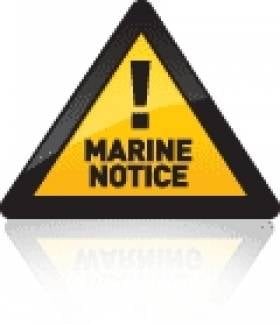Displaying items by tag: surveyor
#radiosurveyor –The Department of Transport, Tourism and Sport is establishing a panel of radio surveyors for 2014 and the closing date for applications is in three weeks time.
Surveyors will carry out statutory radio surveys on Irish sea-going vessels including fishing vessels.
The Marine Survey Office (MSO) will select Surveyors and organisations for entry onto the panel. The panel will be established for a period of time of 3 years, subject to satisfactory performance. The MSO will monitor the performance of the Surveyors and organisations on the panel and this will include audits of the panel surveyor's activities, monitoring of survey reports submitted to the MSO and follow up by the MSO in relation to complaints or the receipt of incident reports concerning surveyed vessels.
The Department of Transport, Tourism and Sport is interested in appointing suitably qualified surveyors and organisations to a panel from which vessel owners may select a surveyor or company to survey their vessel for compliance with the relevant statutory provisions. The person commissioning the survey will cover the Surveyor's fees and to Surveying Irish sea-going vessels, within scope and unclassed, for compliance with the relevant Irish statutory radio requirements – as listed in the appendix
A copy of the request for applications document is included in the PDF to downad below.
Interested parties can access the tender information by visiting the eTenders Public
Procurement website at: http://etenders.gov.ie.
The closing date for applications is 15:00 on Friday 28th March
Irish Maritime Administration,
Department of Transport, Tourism and Sport,
Leeson Lane, Dublin 2, Ireland.






























































